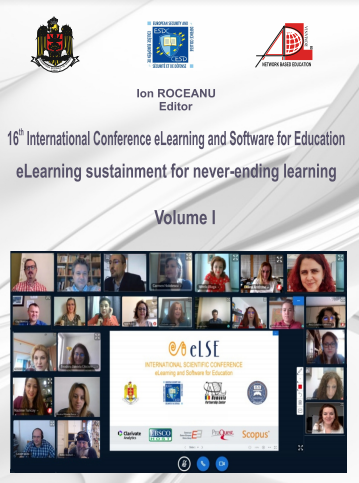MIND MAPS IN ELECTRONIC AND CLASSICAL FORMAT IN MATHEMATICS TEACHING
MIND MAPS IN ELECTRONIC AND CLASSICAL FORMAT IN MATHEMATICS TEACHING
Author(s): Nicoleta SamarescuSubject(s): School education, Educational Psychology, Pedagogy
Published by: Carol I National Defence University Publishing House
Keywords: mind maps; primary school; teaching-learning process;
Summary/Abstract: Nowadays there is an international tendency of maths study encouragement, of the realistic/technical field generally, by the big amount of projects focused on students as well as on their parents. There is, in today researches, a permanent preoccupation in what regards the improvement of teaching and learning by different methods and instruments. Many researches have shown the fact that the assimilation of different knowledge, by their connections with old, basic concepts, already learned is more efficient. The present research is a part of an ample project and has as main issue the comparison between the efficiency based on mind maps the teaching- learning process. Besides the leaning theories which support the efficient learning method through visual instruments and a literature review, the present research also assesses the opinion questionnaires (respects the questionnaire length rules, its design, avoiding the halo effect) meant to primary school teachers. The research will also answer the questions: Is there a high level of receptivity in what concerns the maths lessons when are used mind maps? Is it great the attractiveness of building and also of an active participation in teaching? what are the use recommendation of mind maps during the maths lessons at primary school, what are the advantages and disadvantages of their use both in classical style and in the electronic one? What are the experiences and opinions of primary teachers regarding the teaching by mind maps? What are the platforms which could help modern teachers? At the same time, students will be able to present their ideas and concepts correctly assimilated.
Journal: Conference proceedings of »eLearning and Software for Education« (eLSE)
- Issue Year: 16/2020
- Issue No: 01
- Page Range: 584-588
- Page Count: 5
- Language: English

